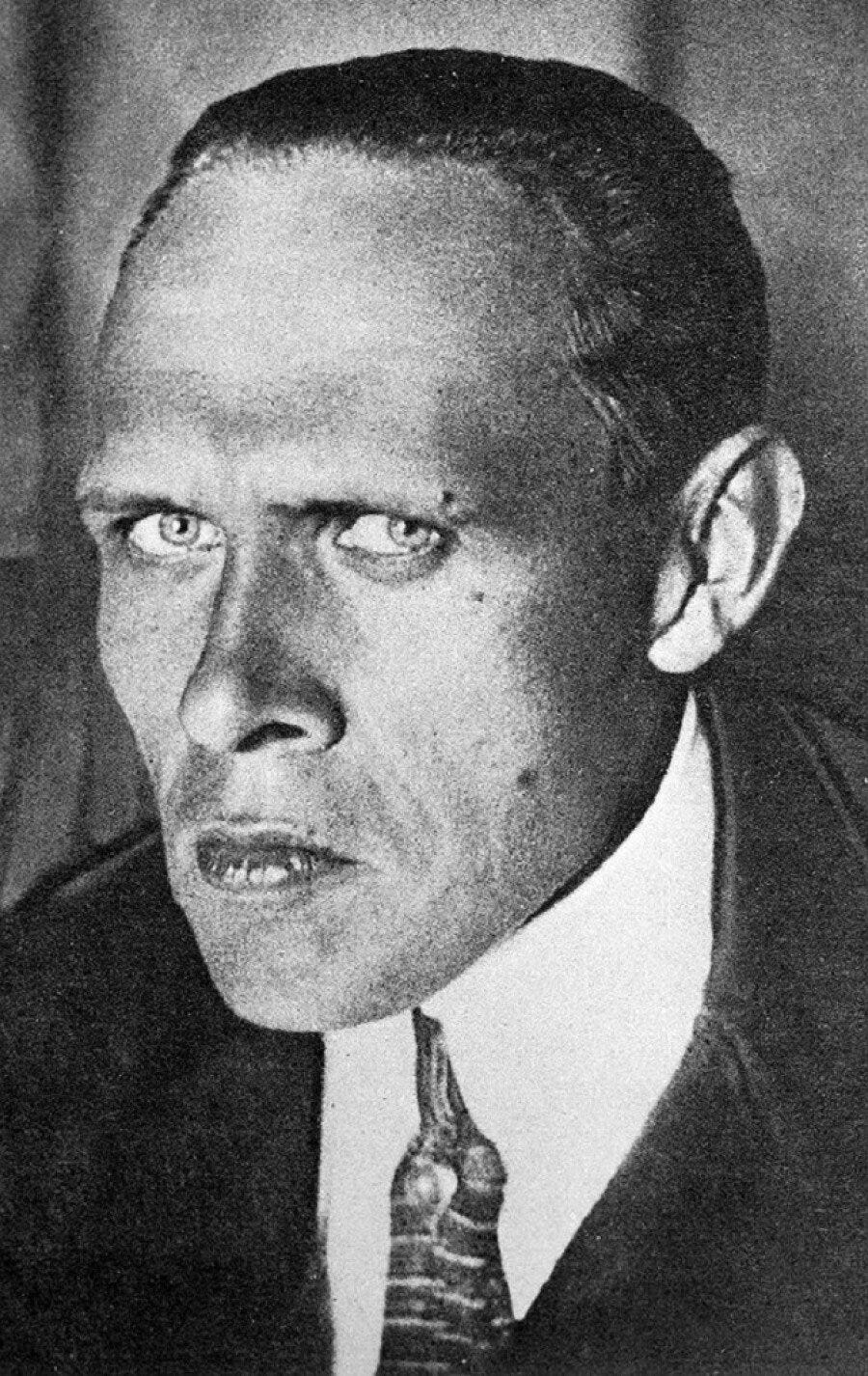Daniil Kharms was an avant-garde, absurdist poet of the early Soviet Union. As with many such figures, his published work effectively got confined to children’s literature, which had more place for the absurd and the bizarre than adult prose or poetry. His most famous quote about kids must be “Poisoning children is cruel. But you've got to do something with them, haven’t you?1”
In 1931, he was arrested as a member of “a group of anti-Soviet children's writers” and exiled to Kursk for most of that year.
In 1937, he wrote down in his journal: “If we were to liken the state to an organism, then in the case of war, I’d like to live in the heel.”
In 1941, he was arrested again, this time for spreading “libelous and defeatist mood.” According to the NKVD report (which should not be trusted blindly, as NKVD is infamous for inventing “anti-Soviet” quotes by their victims to justify the terror) Kharms said:
The USSR lost the war on its first day. Leningrad will be either besieged or starved to death. Or it will be bombed to the ground, leaving no stone standing. If they give me a mobilization order, I will punch the commander in the face, let them shoot me, but I will not put on the uniform and will not serve in the Soviet forces, I do not wish to be such scum. If they force me to fire a machine-gun from rooftops during street-to-street fights with the Germans, I will shoot at them instead of the Germans, using this very same machine gun.
It’s customary to say Kharms simulated insanity to avoid execution. Having read his writing, including some letters and diary entries, I have to wonder if he had to simulate all that much. Either way, the military tribunal ordered him to be kept in the psychiatric ward of the Kresty prison. I find it telling that a poet who didn’t take part in a war that took lives of some 85 million people was pronounced mad, while the heads of states who made or let this war happen was were not.
Kharms died in this ward of starvation in 1942, during the siege of Leningrad. His wife was told he was deported to Novosibirsk. In 1960, Prosecutor General’s Office found him not guilty and he was exonerated.
Below you will find one of his more straightforwardly psychedelic pieces — though probably not drug-related as there are no reports of him doing serious drugs — dated 1931.
Wyrld
I was telling myself I was seeing the world. But the whole world was not accessible to my gaze, and I saw only parts of the world.
And everything that I saw, I called parts of the world.
And I observed the properties of these parts, and, observing the properties of the parts, I was doing science.
Keep reading with a 7-day free trial
Subscribe to Psychopolitica to keep reading this post and get 7 days of free access to the full post archives.





